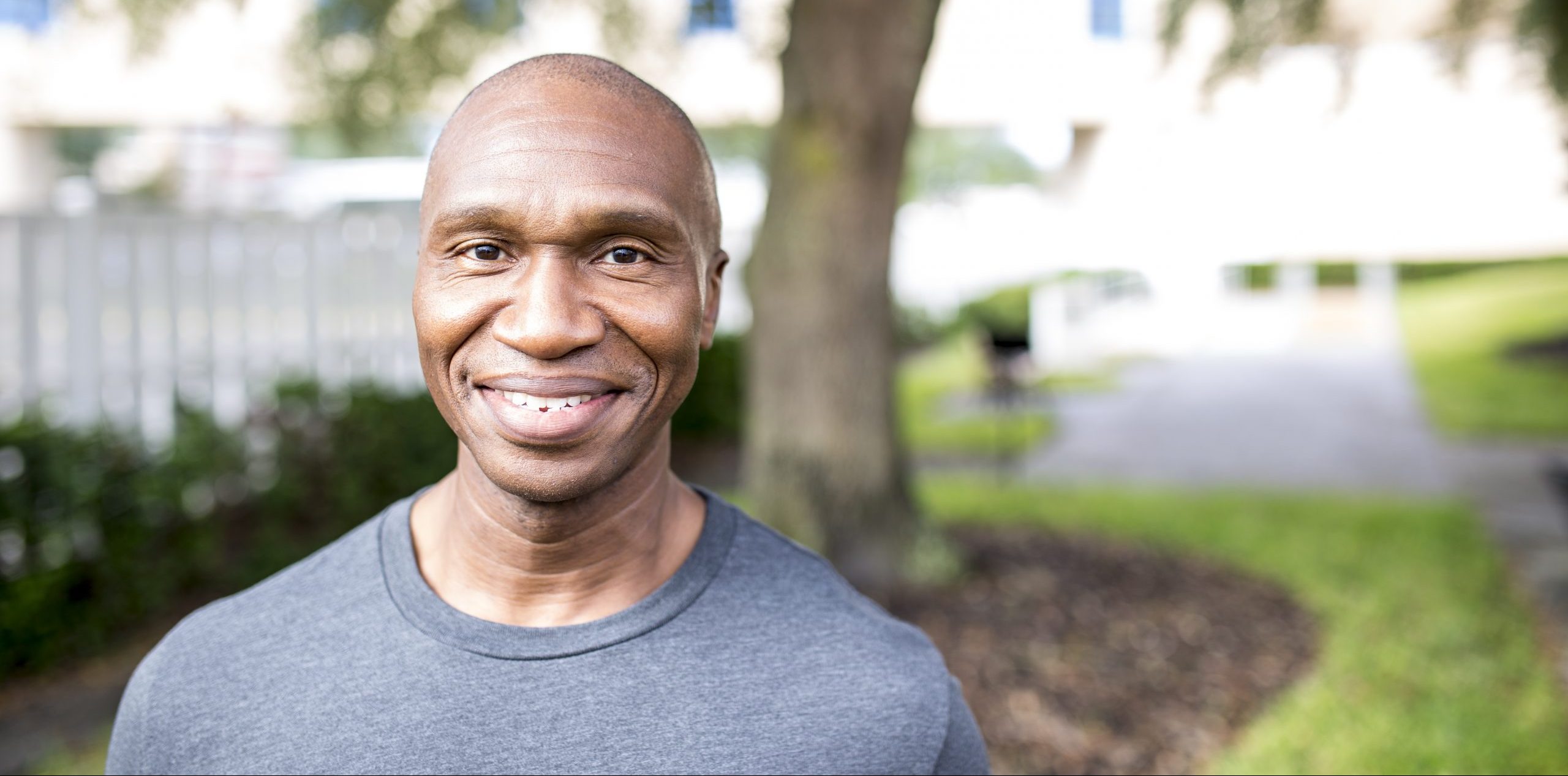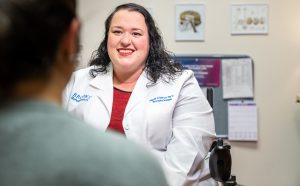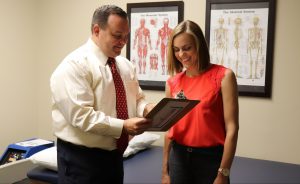Why do psychologists treat pain?

Back to physical health resource hub
Physical and Psychological
Pain is not merely a physical experience but also a sensation influenced by psychological, emotional, and environmental factors. People have different tolerance levels for pain. And what we do, feel, think about, and change in our surroundings also influences the way in which we experience pain and discomfort.
Acute vs. Chronic Pain
Acute pain is a symptom occuring in response to an injury (an identifiable cause), diminishes with healing, responds to treatment, and typically lasts less than 3 months. Whereas chronic pain is a condition lasting more than 3 months, may have an unknown cause, and persists beyond the anticipated duration of healing or despite treatment. Most importantly, chronic pain occurs in absence of ongoing tissue damage, suggesting the unnecessary firing of pain signals in the nervous system. This is also known as central sensitization. Fortunately, neuroplasticity allows for changes in the nervous system to take place.
Stress and Chronic Pain
Stress and related concerns, such as poor sleep and eating patterns, inconsistent routines, substance misuse, and pre-existing mental health concerns typically worsen one’s ability to cope with pain. Insufficient sleep, for instance, is known to cause greater reliance of pain medication during a subsequent day. In contrast, maintaining a relaxed state will help one to experience less muscular tension, greater oxygenation, and improved ability to focus on solutions for pain and unrelated concerns.
Psychologists’ Interventions
Psychologists typically treat pain by targeting cognitive, behavioral, emotional, and environmental influences through provision of education and goal setting. Negative thoughts, emotional distress, social stressors, and inactivity or over-activity can serve to enhance perception of pain and contribute to poorer adjustment. Instead developing relaxation and stress management skills, engaging in paced activity, and forming helpful thoughts about pain can improve coping and quality of life, as well as decrease pain severity. Psychologists treating pain typically utilize Cognitive Behavioral Therapy-Chronic Pain (CBT-CP), which is the most rigorously supported treatment for pain conditions, especially in a multidisciplinary context.
Why is Movement so Important?
Conditional on medical clearance, engaging in on-going activity and exercise is important for maintaining strength, endurance, and range of motion. Exercise releases the body’s natural opioids, endorphins, which help us feel better. Being more active also reduces the severity or likelihood of depressed mood, which, in turn, improves pain coping. It is also important to avoid cycles of over activity and underactivity and to know that ‘hurt’ does not necessarily mean ‘harm,’ in the context of chronic pain.
8 Tips for Thriving with Pain
- Address obstacles to a good night’s rest
- Self-distract (e.g., listen to music, call a loved one, write a ‘to do’ list)
- Understand what the pain signifies (e.g., normal healing vs. immediate injury)
- Adjust negative self-talk about pain (Instead of, “I can’t do anything to make it stop!” Say, “I can do ____ for some relief.”)
- Tune into other physical sensations
- Discuss with friends and family about what they can do or say to help during a pain episode
- Pursue enjoyable and meaningful activities
- Take pain medication as prescribed
Brooks Resources for Pain
Brooks Psychology Services and Behavioral Medicine can be resources, inpatient and outpatient, respectively, through which patients can receive care for highly trained psychologists. Brooks Rehabilitation can offer rehabilitation therapy services geared for patients with chronic pain conditions, such as Anita Davis, PT, DPT, OCS.
Contact Us
During a course of inpatient care at Brooks Rehabilitation Hospital, patients and families can request Inpatient Psychology services from the patient’s treatment team.
Referrals for outpatient individual psychotherapy through Brooks Behavioral Medicine must be made by one’s physician. For additional questions, call: (904) 345-7394.


